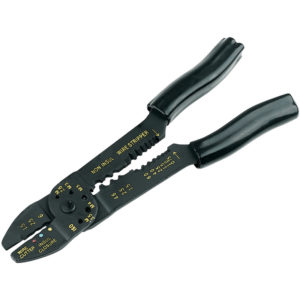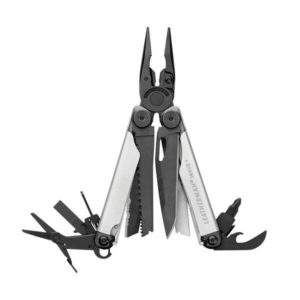Am I alone in struggling to give a concise answer when asked what I do? My job title is often misleading. I’ve rarely had a job title that matches my actual role or responsibilities for more than 5 minutes. I don’t think I’m alone in noticing this. So why this might be?
Why do I have to specialise?
The world of work seems to think that I should want to specialise. That being an ultra-specialist is the end goal. That I should want to become a Senior [JOB TITLE HERE] or aspire to become Head of [SPECIALISM HERE].
But that’s not how I like to work. It’s also not how a lot of other people want to work. I wouldn’t be happy to make a living doing one specific thing, even if I was doing it very well.
This means I don’t fit most typical job profiles.
Does that mean I am a generalist then?
No.
I don’t consider myself a generalist. I am a multi- or a serial-specialist. I collect new skills by habit.
I learn what I need to perform a necessary task. Up to the point required to complete the immediate work. Then I bank that learning and move on and learn something new. Something needed to tackle the next problem. I build on a growing (and ever more diverse) set of learned skills for future use.
To use an analogy.
I am not a carefully crafted and finely honed tool, made to do a specific job – like a set of specialist pliers.
Nor am I a pocket multi-tool, useful in a pinch and capable of doing a range of basic functions – like a Leatherman.
Instead I think I am more like a growing tool box. One that, with each passing year, contains an increasing number of practical tools. It’s the combination of these tools and the ways they can be used that is most useful.
Do I have an incredibly pretentious answer to this question?
You bet I do.
I came across an article a whole ago that struck a chord.
- The Neo-Generalist and why we should all have one by Mark Storm.
- This was inspired by the book, The Neo-Generalist: Where you go is who you are by Kenneth Mikkelsen and Richard Martin
After reading this article and then the book I think I may in fact be a neo-generalist…
What is a neo-Generalist?
As explained by Martin and Mikkelsen in the aforementioned book:
“… the neo-generalist defies easy classification. They are tricksters who traverse multiple domains, living between categories and labels. Encompassing rather than rejecting, the neo-generalist is both specialist and generalist. A restless multidisciplinarian who is forever learning. They bring together diverse people, synthesising ideas and practice, addressing the big issues that confront us in order to shape a better future.”
How can you tell if you are a neo-generalist?
Look for the following characteristics:
- They don’t like to work in boxes or silos, they explore and work end-to-end
- They are comfortable moving between and across different domains
- They find creative solutions to problems often by combining seemingly disconnected ideas or concepts
- They use transfer learning to understand and draw parallels between different domains and bring fresh perspective
- They think, ‘What can I do?’ instead of, ‘What is my job?’
- They love to learn and remain curious
- They still need help from specialists (but are a sponge for knowledge)
A few final questions
How do you convey a passion for variety without sounding like you aren’t able to focus or commit? How do you convince others that for you learning is about practical application – and not purely academic pursuit? Why shouldn’t we want to be a polymath? That used to be a respected thing didn’t it?
In an uncertain future where lifelong learning and creative problem solving are vital skills to staying relevant in the face of AI competition. Are any of us going to have simple job titles any more?


